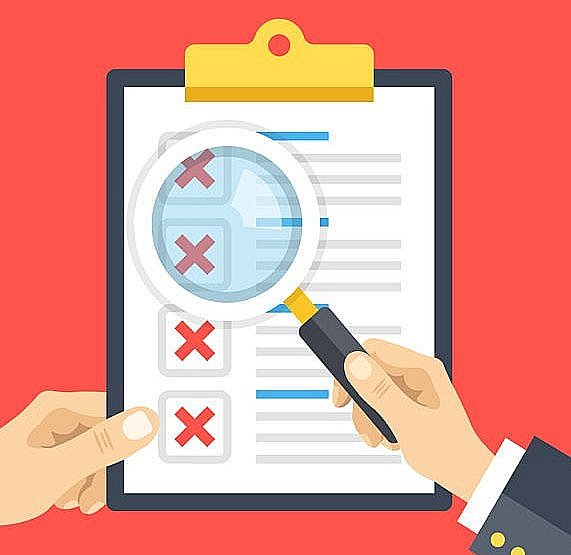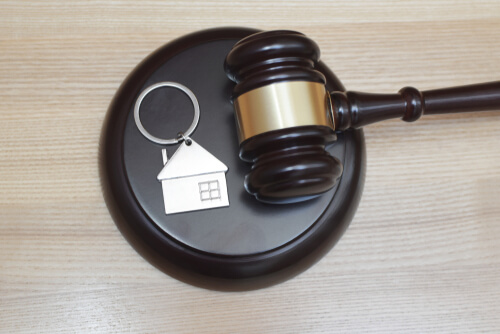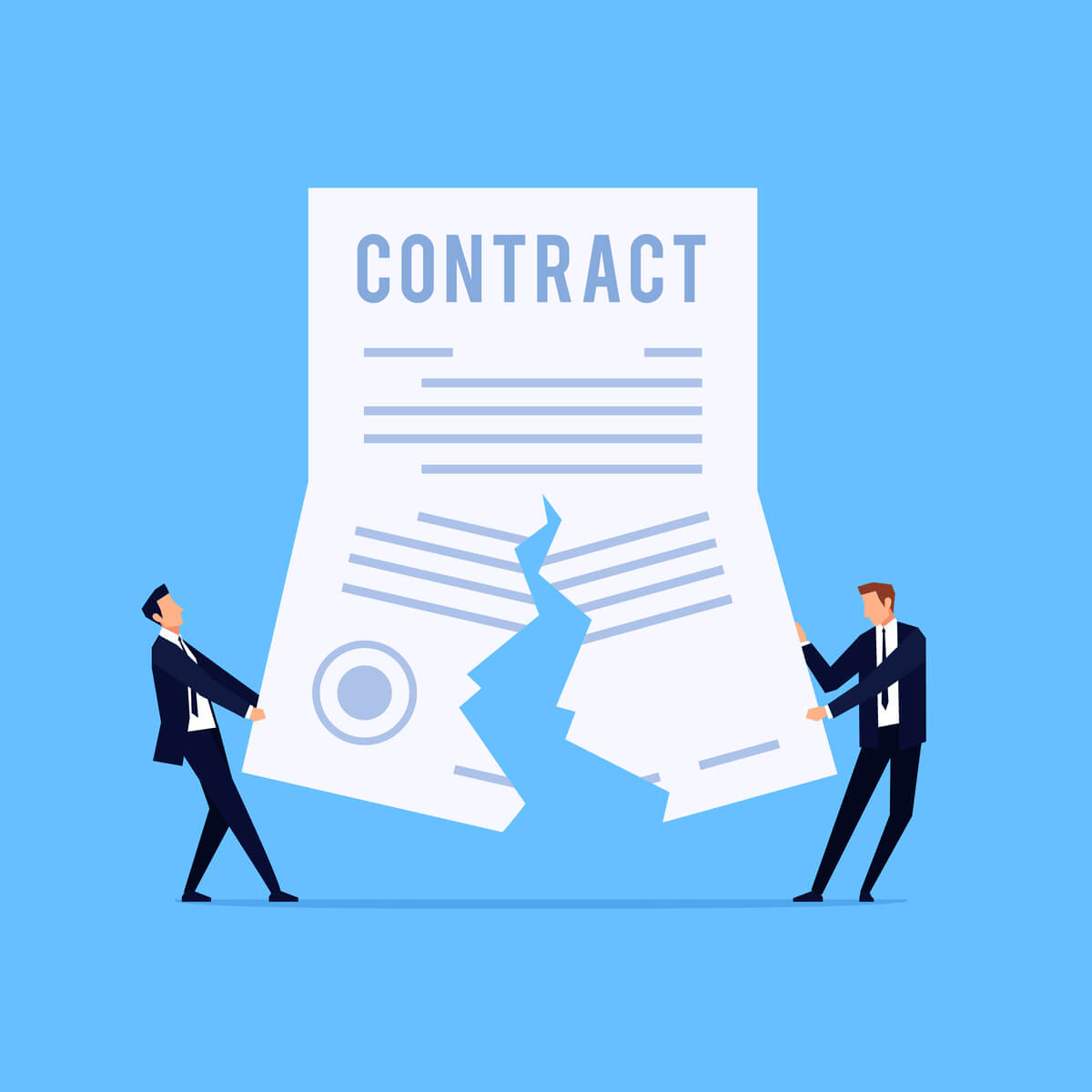When your loved one dies, the probate process might be a necessary avenue to manage and distribute their estate. Even if you don’t know much about probate, you’ve probably heard that it’s something to avoid if possible and that the time to take to complete it is something people often worry about. Typically, most estates are probated in about a year. However, various factors can prolong the process or can make it go even quicker. Read on to learn about how long the probate process can take in New York.
What is the Probate Process?
Let’s clarify what probate is before beginning a discussion about how long you should expect it to take. Probate refers to the legal process in which a deceased person’s affairs are handled; the resolution of this includes obtaining their assets, paying off debts and expenses, and distributing any of the decedent’s remaining assets to their named beneficiaries and heirs.
Appointment of the Executor
A starting point in the process is the appointing of an executor (or administrator). This is the individual in charge of managing the issues of the estate and probate process. Although the executor/administrator has been chosen by the decedent in their will, the executor must still be appointed by the court. Beneficiaries of the estate can challenge the appointment of an executor, in addition to the validity of the will.
Settlement of the Estate
Once the executor is approved, they act on the estate’s behalf and begin the work of settling the estate. This includes:
Finding assets and safeguarding them
Paying debts and expenses
Paying taxes
Closing the Estate
For this, there is a summary of assets and liabilities, or a final accounting of the estate, that must be approved by the court or signed off by the beneficiaries. Any funds that remain are distributed to the named beneficiaries.
Length of Time it Takes for Completing Probate Steps
Appointment of Executor/Administrator: Approximately 4-6 months
Settling the Estate: Approximately 6-9 months
Closing the Estate: Approximately 1-3 months
The Timing of the Probate Process
This sound simple and most cases take an average about 12- 15 months but can range from several months to up to 3 years. Considerations that may impact the length of process include:
Accounting costs
Beneficiaries try to remove the executor/administrator
Creditors’ claims against the estate
Difficulty with locating assets
Substantial assets in the estate
The complexity of the specific estate
Will contests
Is Probate Required in New York?
Probate is generally necessary, regardless of whether or not an individual had a will. However, New York law does not require it for small estates (estates with less than $50,000 in assets). In these instances, the court will either appoint an executor named in the decedent’s will, or an heir of the descendant if they left no will, as a voluntary administrator. Then the court will issue a certificate for each asset that is collected and distributed by the administrator.
Understand Probate in NY with an Attorney’s Help
With proper estate planning, it’s possible to have your loved ones avoid unnecessary problems inheriting your property after probate is complete. An experienced attorney understands the pros and cons of ways to transfer property and can help navigate the system and use several estate planning tools to take away certain assets away from the probate estate. You can contact one of our skilled MOWK New York estate planning lawyer to help you get started.










